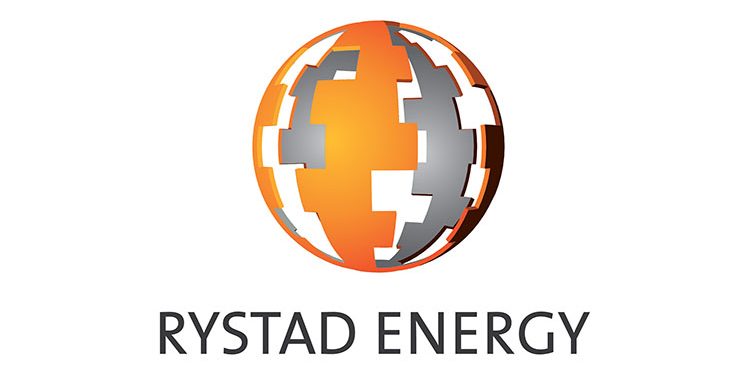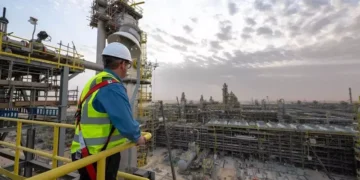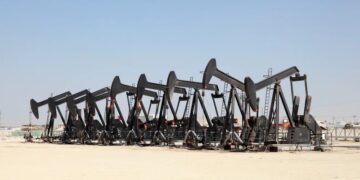Rystad: Oil Prices Elevated on Ukraine Conflict Implications
Oil prices remain high today on continued uncertainty regarding the energy impacts of the Ukraine conflict, knock-on regional supply implications, increased demand and rising inflation.
Here is Rystad Energy’s daily oil market comment from our Senior Oil Market Analyst Louise Dickson:
Price
Oil prices climbed higher today as the Ukraine conflict is nowhere near resolution and looks set to continue for some time.
Russia’s energy supplies are very much at risk, either due to being withheld by Russia as a weapon or swiped off the market due to sanctions.
Even with Russian and Ukrainian factions meeting at the border to discuss a military ceasefire, the fragile situation in Ukraine and financial and energy sanctions against Russia will keep the energy crisis stoked and oil well above $100 per barrel in the near-term and even higher if the conflict escalates further.
Supply
The supply risk continues to drive the bullish trajectory in oil prices, and oil outages in the region are still a high probability.
Continued fighting in Ukraine itself puts Black Sea trade at risk, and with 2 million bpd of Russia, Kazakh, and Azeri oil passing through the Novorossiysk terminal daily, any disruption would have a direct upward risk premium.
Also at immediate risk is the transport of Russian oil via the Druzhba pipeline, which can carry 1 million bpd of exports to Europe.
Unless there is a severe Russia-related supply disruption ahead of this Wednesday’s OPEC+ meeting, we do not yet expect Saudi Arabia, the UAE, and Iraq to lead the group and offer more supply to balance oil markets.
Many of the OPEC+ barrels currently offline are of the medium sour blend and thus could be a good substitute for the medium-sour Russian Urals blend if either pipeline or seaborne exports are disrupted.
Demand
In the very short-term, war implies an uptick in oil consumption to fuel the jets and tanks, and on the civilian side, as people flee by personal vehicles.
Over the long haul, a prolonged conflict in Ukraine and a drain on Russian resources would have a severe negative GDP impact, not only in these countries but also in neighboring FSU countries that depend on remittances from Russia.
And with the Russian ruble at record lows and growing inflation likely to spur higher interest rates from Russia’s Central, the risk of lower GDP in Russia is almost baked in at this point.
Macro risk
The sustained period of high energy prices has been further driving inflation, and price spikes this year have already caused geopolitical tension in Kazakhstan, so it should be expected that a sustained period of elevated energy prices will not only carry negative macro impacts but social and political, as well.






